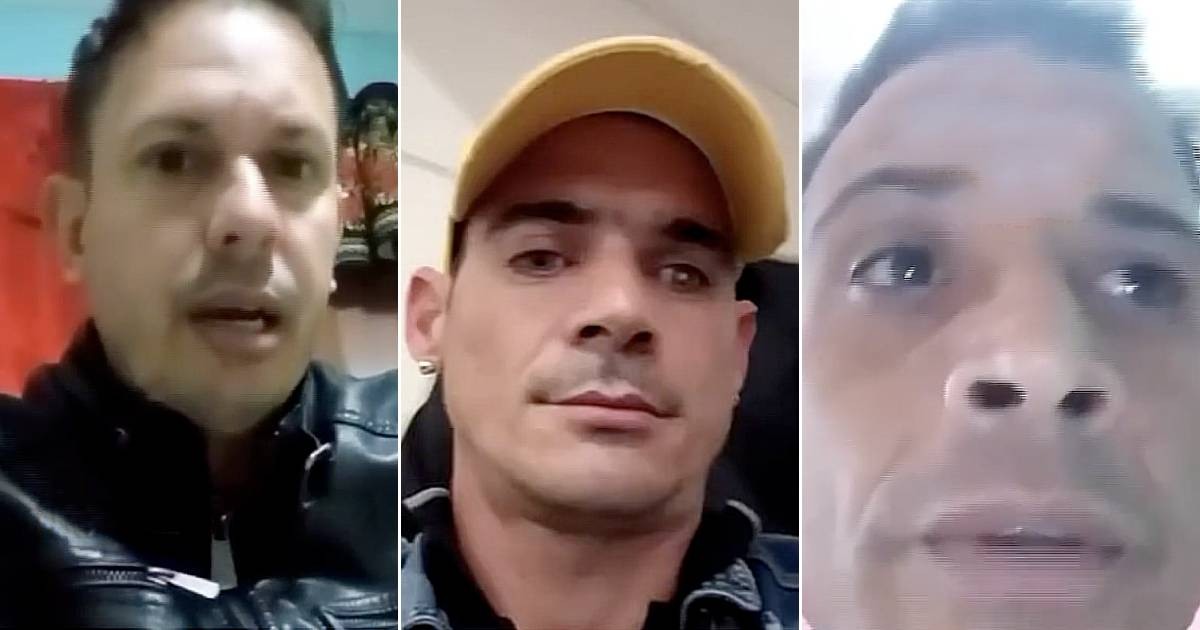CUBANS WITH I-220A STRANDED IN CUBA, UNABLE TO RETURN TO US
According to a report by Univision, Cubans with I-220A who traveled to Cuba this year are now stranded on the island without the possibility of being readmitted to the United States.
The report highlights the cases of three individuals who, for various reasons, returned to Cuba without first legalizing their situation in the US, and are now unable to return.
Alcides Albezu, who traveled to Havana in November, has been prohibited from returning to the United States as he does not have a document proving his permanent residence in another country.
Similarly, Denis Miranda traveled to Cuba two months before his birthday to be with his sick mother. Now, he finds himself trapped in Cuba without the ability to leave the island.
Another individual, identified as Maykel, had applied for residency and obtained a Social Security number before traveling to Cuba. However, since September 7, he has been stranded in Cuba without the ability to return to the United States.
Immigration attorney Willy Allen explained that these individuals illegally entered the United States and claimed to be politically persecuted in order to obtain an order of “parole” or “conditional parole” (I-220A). He emphasized that without a special permit, they cannot travel and re-enter the United States.
The news channel also reported that those who left for Cuba and had a political asylum case pending will be deported in absentia. Furthermore, if they attempt to send a family member to represent them, the case will be rejected or denied.
Currently, an estimated 400,000 Cuban migrants with I-220A are in immigration limbo in the United States after the court denied considering the document a humanitarian parole that allows them to apply to the Cuban Adjustment Act.
According to Allen, those who leave the United States without first regularizing their immigration status will not receive humanitarian parole or residency upon their return.
The situation highlights the challenges faced by Cuban migrants with precarious immigration status, leaving many in a state of uncertainty and limbo.
